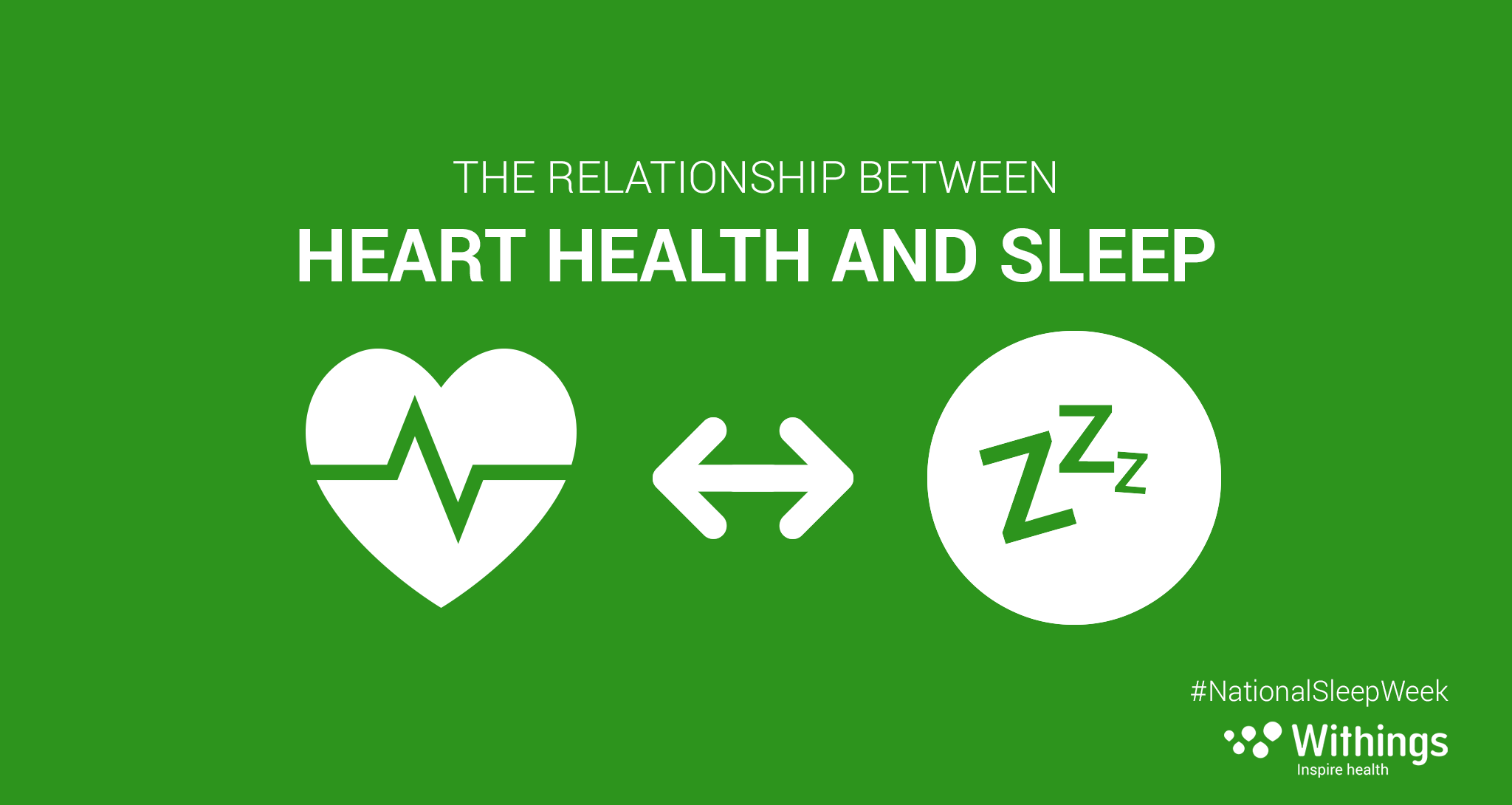
Heart health is an incredibly important factor of your overall well-being. To keep your ticker healthy, it is important to understand the relationship between heart health and sleep.
Learn how the following factors affect your sleep, so you can take steps to ensure better heart health.Sleep apnea and heart health:
Sleep apnea is a sleeping condition in which the upper passage of your airway closes making it impossible to breathe. When you’re not breathing, your blood pressure increases causing your heart to overwork. During the daytime hours, this could be extremely dangerous. At night, sleep apnea and other breathing related conditions take on a whole new detrimental effect. Just as your brain and muscles use sleep to restore memories and recuperate, your heart also needs to take a break. So as not to overwork itself, your heart uses the time you are asleep to slow down its beating. People who have sleep apnea are unable to breathe normally thus experiencing increased heart rate levels during the night. This is extremely dangerous, as your heart should be resting, not working harder. SOURCE
The issues associated with sleep apnea do not disappear once someone is awake. When sleep apnea patients are jolted awake in the middle of the night gasping for air, there is often a surge in blood pressure that occurs in conjunction with waking up. Overtime, these surges in blood pressure can lead to a chronic blood pressure elevation. Thus untreated sleep apnea can lead to hypertension and other cardiovascular diseases. Recognizing and treating sleep apnea is vital for maintaining a healthy heart. Research is still being developed to define a causal relationship between hypertension and sleep apnea. SOURCE
Stress and sleep deprivation:
Cortisol is the hormone released as a response to stress and fear. Cortisol production reaches its lowest levels three to five hours after the onset of sleep. If you are not getting enough sleep, this can lead to elevated levels of cortisol, which can lead to heart disease, high blood pressure, high cholesterol and certain cancers. SOURCE. Throughout the course of the day, it is almost impossible to avoid all stresses and fears, but it is imperative to recover from these things at night. If you are not getting the sleep you deserve, cortisol production will not slow down, as it should, thus putting extra stress on your body and heart.
To keep your heart healthy, it is important to make sure you are properly managing your sleep quality and duration.


